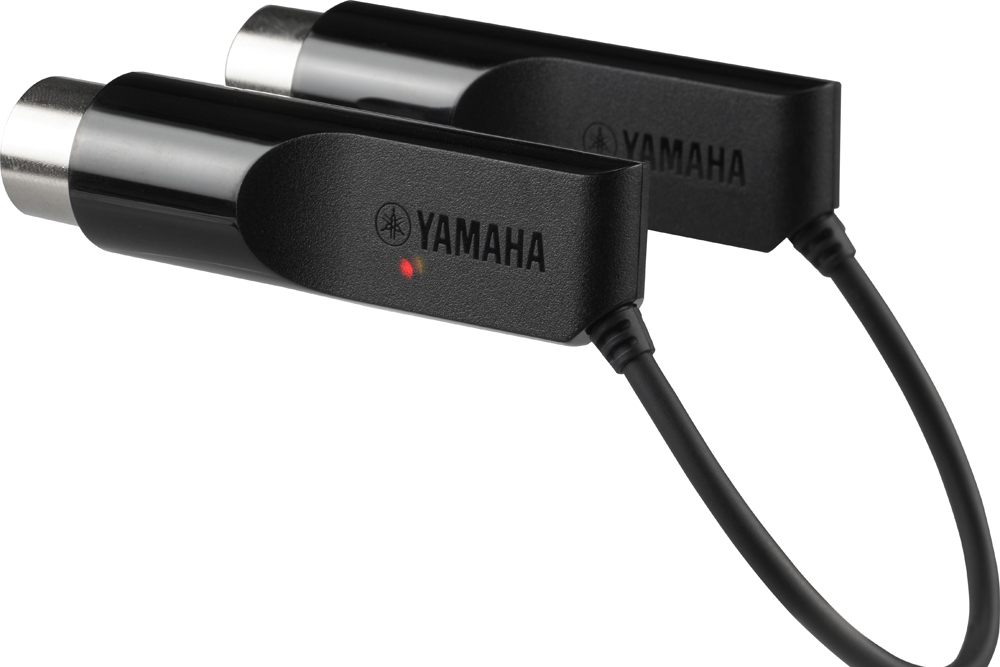The Ongoing Struggle to Collect and Provide Royalties to Performers
While European performers have enjoyed a broad range of performance rights in sound recordings for decades, U.S. performers had been denied literally hundreds of millions of dollars in royalties because of the absence of such rights in the U.S. The U.S. Copyright Act originally covered performance rights only for publishers and authors. All this changed with the enactment of the Audio Home Recording Act of 1992 (AHRA) and subsequently with the passage of The Digital Performance Right in Sound Recordings Act of 1995 (DPRA) and the Digital Millennium Copyright Act of 1998 (DMCA).
By Shari Hoffman & Stefanie Taub
The establishment of these Acts meant that for the first time in history, American performers would be entitled to foreign and domestic royalties (albeit somewhat limited). These acts amended the original Copyright Act to provide performance royalties in digital media to copyright holders, featured performers and non-featured performers. Consequently, the American Federation of Musicians (AFM) and the American Federation of Television and Radio Artists (AFTRA) formed the AFM & AFTRA Intellectual Property Rights Distribution Fund (renamed the AFM & SAG-AFTRA Fund as a result of the merger between the Screen Actors Guild and AFTRA) to distribute these royalties to non-featured performers.
The Fund, a 501c(6) not-for-profit organization, is one of three collective management organizations created in the United States to ensure that performers receive royalties for their intellectual property. The Fund is an independent entity whose purpose is to collect and distribute royalties established by government statute under U.S. Copyright Law, and royalties from various foreign territories. The Fund distributes U.S. royalties to entitled singers and musicians without regard to union membership or coverage. However, many of the foreign collectives (pursuant to the rules and regulations of their governments) do require membership in the AFM or SAG-AFTRA in order to receive royalties from the Fund.
With 61 employees the Fund consists of a robust Research Department, along with International Compliance, Legal, Participant Services, Accounting, IT, Software Development and Administrative Departments. The Fund has agreements with 29 countries involving 35 different collecting societies, that provide performance royalties in digital media (subscription services, webcasting, home taping), broadcast rights and record rentals in some foreign territories to non-featured performers (session musicians and vocalists), as well as audiovisual rights to both featured and non-featured performers.
Related: Up Close: AFM & SAG-AFTRA
Collections have steadily increased over the years. Despite a dramatic decline in domestic Private Copy royalties (Audio Home Recording Act), collections have more than been made up for by the higher payments generated by domestic subscription services and webcasting (such as Pandora and SiriusXM), and foreign royalty payments derived primarily through audiovisual works.
This past April, our domestic Digital Performance Royalty distribution rose to nearly $25M on behalf of background vocalists and an equal remuneration to session musicians (a.k.a. non-featured artists). With our audiovisual distribution this Fall, the Fund expects its best year ever, distributing approximately $55 million in royalties.
The Fund also acts as the Independent Third Party Administrator for the SAG-AFTRA and Industry Sound Recordings Distribution Fund (“SRDF”) pursuant to the SAG-AFTRA National Code of Fair Practice for Sound Recordings, the collective bargaining agreement between SAG-AFTRA and the U.S. Recording Industry. This agreement includes provisions requiring signatory record companies to make payments based upon their revenues from the digital exploitation of sound recordings and music videos that are not covered by the U.S. Copyright Act, including permanent and non-permanent digital downloads and streaming, for distribution to non-royalty performers. SAG-AFTRA covers vocalists, therefore these royalties are distributed to vocalists on union recordings. The AFM covers instrumentalists, and their Sound Recording Labor Agreement contains provisions addressing these areas for instrumentalists on sound recordings.
As good as the present-day looks, the future should be even brighter with both U.S. and foreign collections increasing; negotiation of new bi-lateral agreements with additional foreign collectives occurring; and additional audiovisual agreements in the works. And yet, things could be much better. Since the current U.S. performance right is limited to digital sources, we are still not able to collect for AM/FM radio in the U.S., nor the bulk of neighboring rights abroad. However, passage of the Fair Play, Fair Pay Act of 2015, would provide royalties derived from airplay on AM/FM radio in the United States and, consequentially open up a flood gate of neighboring rights royalties in the U.S. and in foreign territories. We urge each and every one of you to contact your Congressional Representatives to ask them to support this legislation at musicfirstcoalition.org/fairplay_for_fairpay.
SHARI HOFFMAN is Director, Operations at the AFM & SAG-AFTRA Intellectual Property Rights Distribution Fund.
STEFANIE TAUB is National Director, Sound Recordings at SAG-AFTRA.













